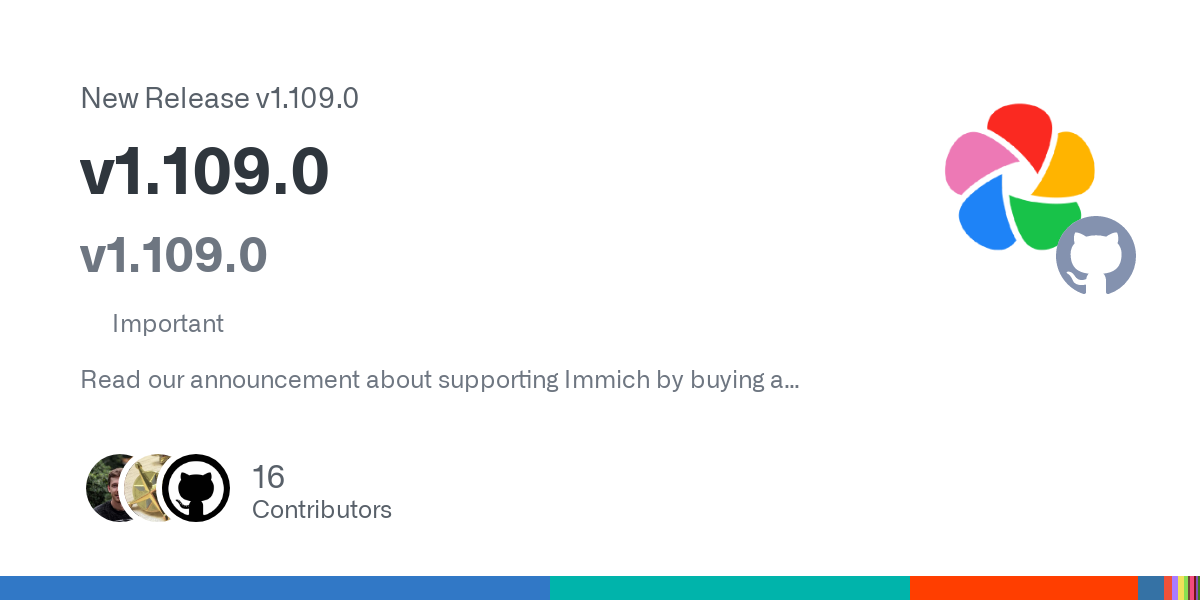

Of course, Waymo faces some likely competition from Tesla, which announced its self-driving Cybercab robotaxi at its We, Robot event. Tesla already offers a ride-hailing service for its Bay Area employees, but the company relies on safety drivers for now.
I might be wrong, but my impression is that Tesla is years behind Waymo as of now.







I wonder if this explanation given in the article is true for France and other EU countries or some overly optimistic hope from desperate EV fans: